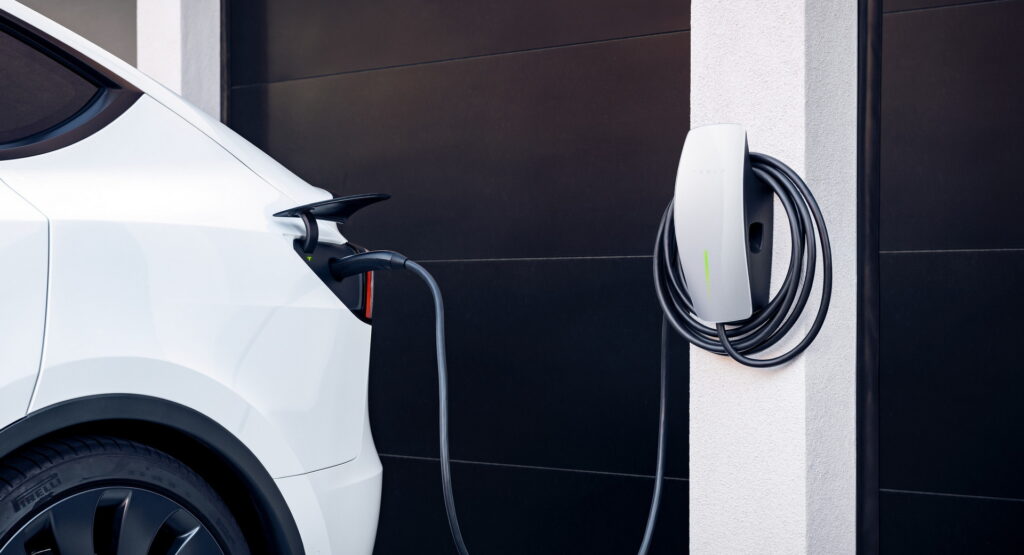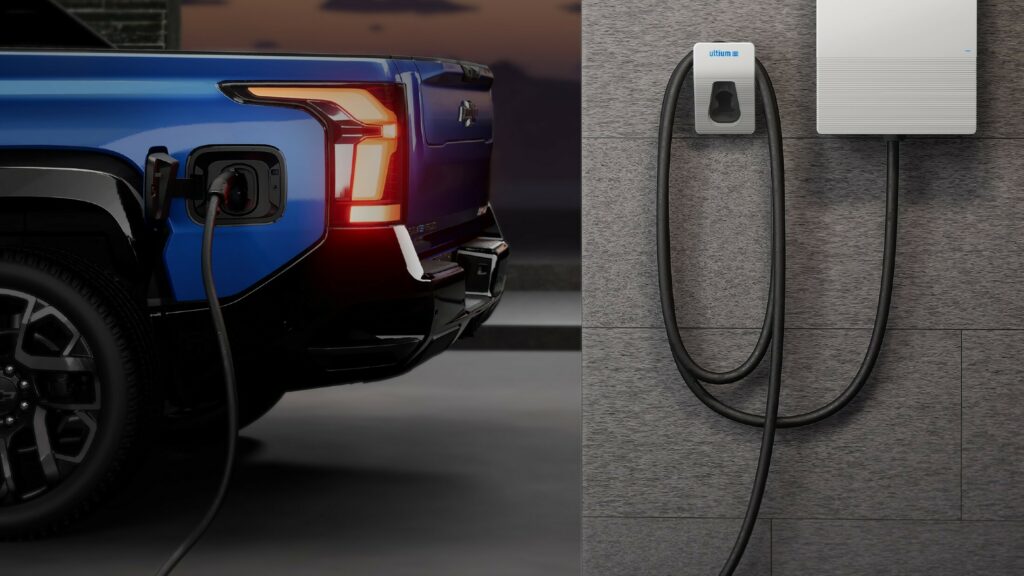We knew about the thefts of catalytic converters from ICE-powered vehicles but it seems that thieves are now targeting EVs for another expensive component. The charging cables often make for an easy steal, especially if the EV is parked in the driveway without any security measures.
With electric and plug-in hybrid vehicles becoming a common sight in recent years, thieves can easily find their prey simply by walking around town at night. The majority of EV owners leave their vehicles charging overnight on their driveways, while the limited traffic means it is easy for thieves not to be seen. In most cases stealing a cable is as easy as unplugging it from both ends, although it can be trickier if there is some kind of locking mechanism involved.
More: Car Thieves Use Headlight Wire Hack To Steal Vehicles

As reported by NBC4, Los Angeles resident Bob Schneiderman recently noticed that the charging cable of his Audi e-tron was missing. After checking the security camera footage, he saw a masked man with a hoodie unplugging the cord and taking off on his bicycle at 5.22 a.m. The EV owner revealed that the cost for a replacement charging cable was $2,700, although there are certainly cheaper options depending on the vehicle type and charging speed.
This is only one of the numerous cases where owners of electrified vehicles catch the offenders on camera, although it is really hard to spot them later. Another LA resident said that he chased a thief, and after a fight he managed to retrieve a backback with his charging cable and another charger inside showing that this wasn’t his first time.
If you want to protect your cables, you might consider adding a lock to your home charger. If possible, you could also charge your EV in a locked garage, or in such a way that is not visible from the street.
The practice of stealing charging cables is not limited to the US. As reported by Express, cables are also stolen in the UK, where thieves often cut off the pieces that connect to the charger and the car. The copper ends up going for scrap, while the cables are sold the second-hand market for profit.





